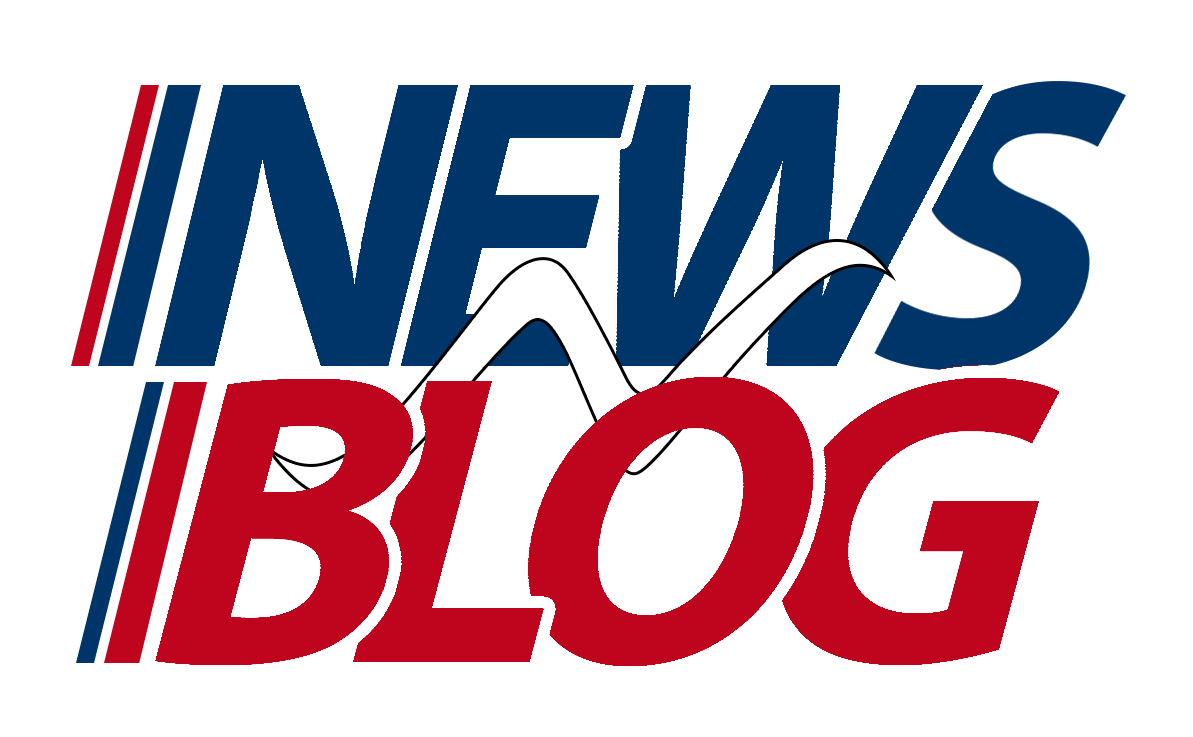In the fast-paced and competitive world of business, effective leadership is the cornerstone of any successful organization.
As a leader, your ability to inspire, guide, and support your team directly impacts their performance and, ultimately, the success of your company.
This article will delve into the key leadership strategies you can implement to enhance team performance and drive your organization toward success.
What is the Role of a Leader?
Before diving into specific strategies, it’s crucial to understand what effective leadership entails.
Leadership is not about exerting authority or control over others; instead, it’s about influencing, motivating, and enabling your team to achieve their full potential.
As a leader, you set the tone for the work environment, shape the company culture, and guide your team toward common goals.
Cultivate a Vision and Communicate Clearly

A clear vision provides direction and purpose for your team. It’s your responsibility to define this vision and communicate it effectively.
By doing so, you ensure that everyone understands the organization’s goals and their role in achieving them.
- Articulate the Vision: Clearly define your organization’s long-term goals and objectives. Ensure that your team understands how their efforts contribute to these goals.
- Communicate Consistently: Regularly share updates and progress towards achieving the vision. Use various communication channels, such as team meetings, emails, and one-on-one sessions, to ensure everyone stays informed.
Create a Positive Work Environment

A positive work environment boosts morale, increases productivity, and reduces turnover.
As a leader, you play a vital role in creating a culture where employees feel valued and motivated.
- Encourage Open Communication: Create an atmosphere where team members feel comfortable sharing ideas, concerns, and feedback. Actively listen and respond to their input.
- Recognize and Reward Achievements: Acknowledge your team members’ hard work and accomplishments. Whether it’s a simple “thank you” or a formal recognition program, showing appreciation boosts motivation.
- Promote Work-Life Balance: Encourage your team to maintain a healthy work-life balance. Flexibility and support for personal commitments can enhance job satisfaction and productivity.
Lead by Example

As a leader, your actions set the standard for your team. Demonstrating the behavior and values you expect from others builds trust and respect.
- Model Integrity and Accountability: Be honest, transparent, and take responsibility for your actions. Encourage your team to do the same.
- Show Commitment and Passion: Demonstrate enthusiasm for your work and the company’s mission. Your passion is contagious and can inspire your team to share the same level of dedication.
- Practice Self-Improvement: Continuously seek opportunities for personal and professional growth. Encourage your team to pursue learning and development as well.
Empower Your Team

Empowerment is about giving your team the authority and confidence to make decisions and take ownership of their work.
This approach fosters creativity, innovation, and accountability.
- Delegate Effectively: Assign tasks and responsibilities based on individual strengths and expertise. Trust your team to complete tasks independently while providing guidance and support when needed.
- Encourage Autonomy: Allow your team members to make decisions within their areas of responsibility. Empower them to take calculated risks and learn from their experiences.
- Provide Resources and Support: Ensure your team has access to the necessary resources, tools, and training to excel in their roles. Be available to offer guidance and assistance when challenges arise.
Set Clear Goals and Expectations

Clear goals and expectations provide your team with a roadmap for success.
They ensure that everyone is aligned and working towards common objectives.
- Define SMART Goals: Set Specific, Measurable, Achievable, Relevant, and Time-bound goals for your team. These criteria ensure that goals are clear, realistic, and attainable.
- Communicate Expectations: Clearly outline performance expectations and standards. Provide feedback regularly to help team members understand how they are performing relative to expectations.
- Monitor Progress: Regularly assess progress toward goals and make necessary adjustments. Use performance metrics and data to inform decision-making and identify areas for improvement.
Develop Emotional Intelligence

Emotional intelligence (EI) is the ability to recognize and manage your own emotions and understand and influence the emotions of others.
As a leader, developing EI is crucial for building strong relationships and fostering a supportive work environment.
- Practice Self-Awareness: Reflect on your emotions, strengths, and weaknesses. Understand how your behavior affects others and strive for personal growth.
- Cultivate Empathy: Put yourself in your team members’ shoes and understand their perspectives and emotions. Show genuine concern for their well-being and challenges.
- Manage Conflict Effectively: Address conflicts and disagreements constructively and respectfully. Encourage open dialogue and work collaboratively to find solutions.
Provide Constructive Feedback and Coaching

Feedback and coaching are essential for individual and team development.
They help your team members improve their skills, overcome challenges, and achieve their goals.
- Offer Regular Feedback: Provide constructive feedback regularly, focusing on specific behaviors and outcomes. Balance positive reinforcement with areas for improvement.
- Use a Coaching Approach: Adopt a coaching mindset, guiding your team members to find solutions to their challenges. Encourage self-reflection and problem-solving.
- Celebrate Growth: Acknowledge progress and development, even when mistakes occur. Emphasize learning and growth over perfection.
Encourage Collaboration and Teamwork

Collaboration and teamwork are vital for innovation and problem-solving. Encourage your team to work together and leverage each other’s strengths.
- Foster a Collaborative Culture: Create an environment where collaboration is valued and encouraged. Facilitate team-building activities and opportunities for cross-functional collaboration.
- Promote Diverse Perspectives: Encourage diversity of thought and welcome different viewpoints. Diverse teams often generate more creative and effective solutions.
- Build Trust and Rapport: Cultivate strong relationships within your team. Trust is the foundation of successful collaboration and open communication.
Adapt and Be Flexible

In today’s dynamic business environment, adaptability is essential for success.
As a leader, you must be open to change and willing to adjust your strategies when necessary.
- Embrace Change: Be open to new ideas and approaches. Encourage your team to embrace change and view challenges as opportunities for growth.
- Stay Informed: Keep up-to-date with industry trends and best practices. Continuously seek knowledge and insights that can enhance your leadership skills.
- Adjust Strategies: Be willing to pivot and adjust your strategies based on changing circumstances and feedback. Flexibility allows your team to navigate uncertainty effectively.
Invest in Professional Development

Investing in your team’s professional development benefits both individuals and the organization.
It enhances skills, boosts morale, and increases retention.
- Identify Development Opportunities: Work with your team members to identify areas for growth and development. Tailor development plans to align with individual and organizational goals.
- Offer Training and Resources: Provide access to training programs, workshops, and online courses. Support your team’s pursuit of new skills and knowledge.
- Encourage Mentoring and Networking: Facilitate mentoring relationships and opportunities for networking within and outside the organization. Learning from others’ experiences can accelerate growth.
Also Read:
Conclusion
Effective leadership is the driving force behind high-performing teams and successful organizations.
By cultivating a clear vision, fostering a positive work environment, leading by example, empowering your team, and providing guidance and support, you can enhance team performance and achieve remarkable results.
Remember that leadership is an ongoing journey, and your commitment to personal and team development will pave the way for a thriving and successful organization.
Implement these strategies with dedication and watch your team reach new heights of excellence.

